- Expert advice/
- Wedding planning 101/
- Legal/
- How to Get a Marriage License in California
- Legal
How to Get a Marriage License in California
If you’re California dreaming of getting married in the Golden State, check out Zola’s guide to California marriage laws.
Last updated February 5, 2024
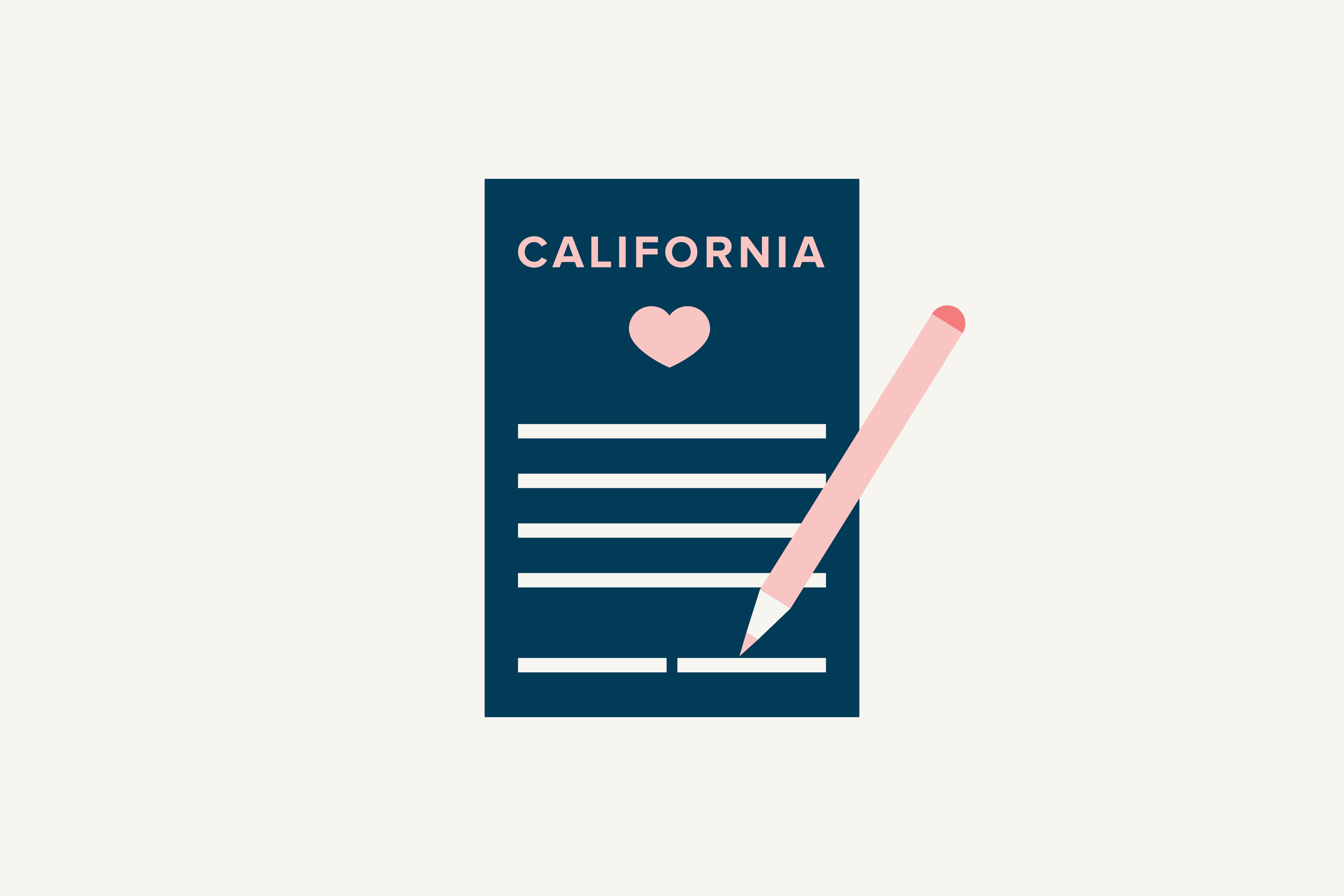
The First Look ✨
- All California couples must obtain a legal marriage license from a County Clerk-Recorder’s office within the state. There is no waiting period for California couples.
- The fees for a California marriage license can range from $46 to $112, depending on the county. This fee must be paid in cash at your County Clerk-Recorder’s office.
- A California marriage license will expire if it’s not used within 90 days of the issue date. After the ceremony, your officiant has 10 days to file the marriage license with the County Clerk-Recorder.
- Planning the other elements of your California wedding—like the guest list, vendors, and venue—is easy when you use Zola.
From the golden coast of SoCal to the stunning redwood hills of NorCal, the state of California is the perfect place for any and all wedding styles. While putting together the perfect California marriage ceremony is easy with Zola’s free wedding websites, other steps to planning your wedding may not be quite as effortless.
That’s right, today we’re talking about one of the most essential—and sometimes difficult to understand—steps to wedding planning: obtaining your marriage license.
While submitting paperwork isn’t the most creative part of being engaged, it’s still a vital step to making it official with the love of your life. A Zola, we’re determined to make wedding planning easier at every stage. That’s why we’ve put together this helpful guide on how to get a California marriage license.
Application Procedure
In California, all soon-to-be spouses must fill out an application for a marriage license prior to the ceremony. This application can be submitted in person at your local Clerk-Recorder’s office.
A California marriage license from any county is valid throughout the state, and there are no restrictions on where your ceremony has to take place. Additionally, out-of-state couples may also apply for a marriage license within California, even if they don’t have proof of residence.
Most marriage licenses require an in person appointment, but some California counties—like Los Angeles county—allow online applications. When you submit an online application, you and your partner have 15 days to appear at your local county Clerk-Recorder’s office in person. At this appointment, you’ll submit your physical documents and pay for the licensing fee in cash.
Unlike some states, California does not impose a waiting period on couples seeking a marriage license. Instead, you’ll be able to get your marriage license on the same day you apply (if you arrive in-person and no delays occur). From there, you’ll be able to have your ceremony as soon as you obtain the license.
What’s Required in the Application
Application requirements are similar across the U.S., but each state may have slightly different protocols that couples should be familiar with. In California, here’s what you’ll need to submit with your application:
-
Proof of identity and age (a government-issued photo ID, such as a passport, driver’s license, or naturalization certificate will suffice)
-
Divorce decree, annulment decree, or death certificate for any previous spouses
-
In some counties, you’ll need to provide your parents’ place of birth (both state and city), along with your mother’s maiden name
In addition to these documents, California couples should also bring payment for the licensing fee. Cash, check, and debit, or credit card all work. Depending on the county, this fee can range from $45 to $112. Check with your local office prior to arrival to ensure you’ve got the correct amount on hand.
After obtaining your marriage license, you’ll need to hire a certified officiant to perform the wedding ceremony and help you complete the licensing process. In the state of California, a wedding officiant may be any of the following:
- Clergy members
- Religious officials
- Current or retired justices, judges, magistrates, or marriage commissioners
- Some county clerks
- Current members of congress
- A friend or family member—in certain counties, family or friends can be ordained through the Deputy for a Day program.
What Are the Different Types of California Marriage Licenses?
In California, the marriage licensing process is a bit different from other states. While most marriage licenses are considered public record in the U.S., the state of California gives residents a choice between two types of marriage licenses:
-
Public: A public marriage license is the standard and most popular route in the state of California. This type of license has all of the aforementioned marriage license requirements and may be accessed by anyone, as it is public record. A public marriage license from any county remains valid throughout the state, and couples are free to host their ceremony in any area of California.
-
Confidential: Confidential marriage licenses date back as early as the 1870s, when couples in rural areas often lived together without being married. The concept of a confidential marriage license was created to protect these individuals from scrutiny, as well as make the legal marriage process easier. In 2021, confidential marriage licenses still exist in California, but they do have a few additional requirements. First, couples seeking a confidential marriage license must attest to the fact that they already live together. Second, while a confidential marriage license may be a bit cheaper, ordering a certified copy costs an additional fee.
Things to Know About Your California Marriage License
In addition to the application process, there are some other factors that couples should take into account when obtaining a marriage license. Let’s take a look at the basics all Californians should know about their marriage license:
-
The Expiration Date: Like many other U.S. states, California has a 90-day grace period before an unused marriage license will expire. This means you must perform a ceremony and have your license signed by an officiant within this time period. Otherwise, you’ll need to apply for a new one.
-
Ceremony Location: With both a public and confidential marriage license, couples are free to marry in whichever California county they prefer. You can also obtain a California marriage license if you’re not a resident, so long as your ceremony takes place within the state.
-
Blood Testing: Since 1995, California has not required blood testing as part of the marriage license application.
-
Void Marriages: There are five common reasons why a California marriage license may be void before or after the ceremony:
-
Bigamy or polygamy
-
Incest
-
One or more spouses are under the age of 18 and do not have parental consent
-
Sham (marrying for the sole reason of gaining U.S. citizenship)
-
One or more spouse does not have the mental capacity to consent to the marriage
Marriage Laws Unique to California
Marriage laws can vary depending on the state you live in, and these rules and regulations reach beyond the licensing process. Here are some of the most important California marriage laws that all prospective spouses should know about:
-
Marriage By Proxy: Marriage by proxy is not allowed in the state of California unless one or both spouses are active military members who are currently stationed overseas.
-
Witnesses: In California, couples are required to have at least one witness sign off on their wedding ceremony. This documentation does allow for a second witness to sign as well, if desired.
-
Age Restrictions: The legal age of marriage in California is 18 years old, but minors under the age of 18 may marry if they obtain parental or court-ordered permission.
-
Common-Law Marriage: The state of California does not recognize common-law marriages, no matter how long a couple has lived together. That being said, there are certain legal proceedings that may arise if a cohabiting couple breaks up—particularly if they share credit cards, own property together, or have a joint bank account. These assets may be divided up by a lawyer if a mutual agreement cannot be reached.
Frequently Asked Questions About Marriage in California
The paperwork and legality of marriage can be a little confusing, especially for couples who have a lot on their plate. To make this entire process easier, we’ve compiled some of the most frequently asked questions about California marriages. Here’s what you need to know:
When Should I Apply for My California Marriage License?
Since California has no waiting period for couples seeking marriage licenses, you could technically apply on the day of your ceremony. That being said, we would not recommend doing so. Long lines, legal issues, and human error may lead to unexpected delays that you won’t want to deal with on your wedding day.
Of course, you don’t want to order your marriage license too far in advance, either. Since California has a 90-day grace period, we recommend submitting your license application much sooner than this in order to give you plenty of time to use it.
In order to maintain a balance of preparedness and convenience, California couples should apply for their marriage license a month or two prior to their ceremony date.
What’s the Difference Between a Domestic Partnership and a Common-Law Marriage?
Domestic partnership and common-law marriages are two similar types of relationships that often get confused with one another. Here’s the difference: domestic partners do not present themselves as spouses, but may reap some of the same benefits in certain areas of the country. These benefits include:
- Shared health insurance (particularly from an employer)
- Pension benefits
- Bereavement leave
- Visitation rights for hospitalization or incarceration
Does California Recognize Domestic Partnerships?
We already know that California does not recognize common-law marriages—but what about domestic partnerships? In 2019, Governor Gavin Newsom signed into law a bill that all couples (both heterosexual and same-sex) may register as domestic partners. This process provides many of the same benefits as being married in the state of California, including:
- Adoption rights within the U.S.
- Taking your partner’s last name
- Legal protections in the event of a partner’s death
The process of registering as a domestic partnership is fairly straightforward. All you have to do is fill out an online form and pay a $33 fee. If you are over the age of 62, this fee is reduced to only $10.
Since domestic partnerships are not recognized on a federal level, couples may experience some issues with the following:
- Filing taxes
- Sponsoring a non-citizen for naturalization
- Adopting a child from another country
- Accessing the rights of married couples when traveling out of state
How Do I Obtain a Copy of My California Marriage Certificate?
The process of getting a certified copy of your marriage certificate will depend on the type of license you’ve chosen. While copies of a public marriage certificate can be easily obtained, a confidential marriage certificate will require proof of identity and a $14 fee.
It’s important to have a few certified copies of your marriage certificate on hand for the following reasons:
- If you plan on changing your surname, a copy will be required by the social security office, DMV, and bank
- You may need a copy in order to add your spouse to your employee health insurance
- A certified copy will help you file a joint tax return
What to Do After You Get Your California Marriage License
Congratulations! You’ve secured your marriage license and the paperwork is finally over—well, almost.
After you have your marriage license in hand, you’ll want to put it in a secure place until the wedding day. Avoid any risky situations where this document could get damaged or misplaced. If you can’t find your license or it gets damaged, you’ll have to submit a new application.
On the day of your marriage ceremony, the marriage license will need three signatures: you, your spouse, and your officiant. This can be done before, during, or shortly after the ceremony. From there, your officiant has 10 days to file the marriage license with the County Clerk-Recorder.
After the ceremony, the newlyweds will receive another document known as a marriage certificate. This certificate can be kept as proof and commemoration of your actual wedding ceremony.
Getting Married in California: Everything Else You Need to Know
California’s beautiful weather, picturesque beaches, and towering mountains are just a few reasons couples flock to the Golden State to get married. The hardest part about planning your California wedding? Choosing between all the options for venues, wedding themes, and more. That’s why we’re here to help you plan everything for your special day.
Now that you know everything about marriage licenses, let’s get into the fun part of planning:
-
Venues: From the colorful dancefloor of LA’s Loews Hollywood Hotel, to the woodsy, laid-back vibes of San Francisco’s Fortino Winery—California has a gorgeous venue for any wedding style. Zola’s pre-screened venue database even allows users to search for wedding venues based on pricing, with options ranging from under $15,000 to $50,000 and above.
-
Weather: California is known for its perfect weather, but the state is also home to a number of different climates. While Southern California tends to stay warm year-round, Northern California experiences a rainy season from December to March. Couples should keep weather in mind when planning an outdoor celebration.
-
Vendors: If you’re planning your wedding in a California hotspot—like Los Angeles, San Diego, or San Francisco—keep in mind that wedding vendors may be booked during peak wedding season. This is why we recommend finalizing your vendor contract long before the wedding day, and beginning your search for florists, caterers, and DJs at least a year in advance.
-
Changing Your Name: California does not have any laws that require couples to have the same surname. With that in mind, some individuals may choose to pursue a name change as a personal preference. For this process, you’ll need a few certified copies of your signed marriage license. From there, you can submit an application for a new Social Security card with your updated name. After your Social Security card is updated, you’ll need to apply for a new license and passport, as well.
Plan Your California Wedding the Zola Way
Okay, so maybe getting your marriage license isn’t the most interesting part of planning a wedding—but once you’ve done this you can start looking forward to the celebration!
Here at Zola, we’re all about planning weddings. From start to finish, we’re here to help couples every step of the way. Our online planning tools are easy to use and help take the guesswork out of the wedding planning process.
Our online wedding guest list tool can help you keep track of everyone attending the wedding, access online RSVPs, and even set up a digital seating chart. Combine this with our free wedding websites, and you’ll quickly find that everything you need is all in one accessible place.
Planning a wedding takes time, but that doesn’t mean it has to be difficult. Ditch the stress and start planning your special day the modern way, with Zola.
Up next for you
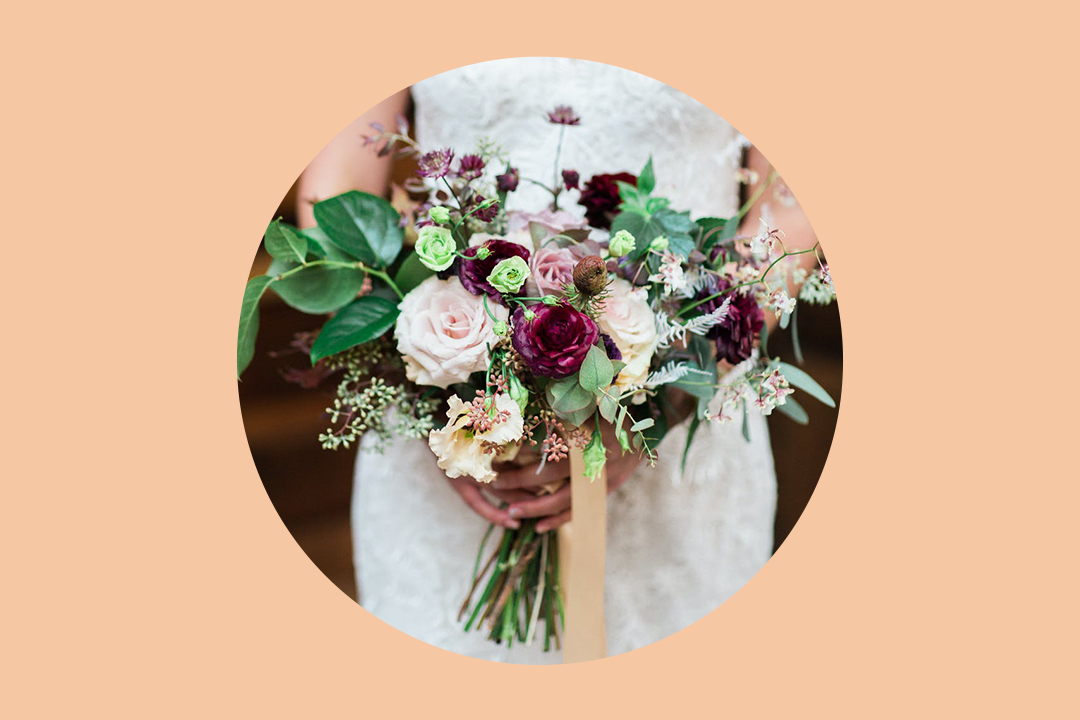
The Complete Guide of Wedding Flowers by Season
Wedding Style
Incorporating seasonal flowers into your wedding day gets you the best quality blooms for a lower price tag. This guide can help you save big on your floral budget, no matter what time of year you plan to tie the knot.
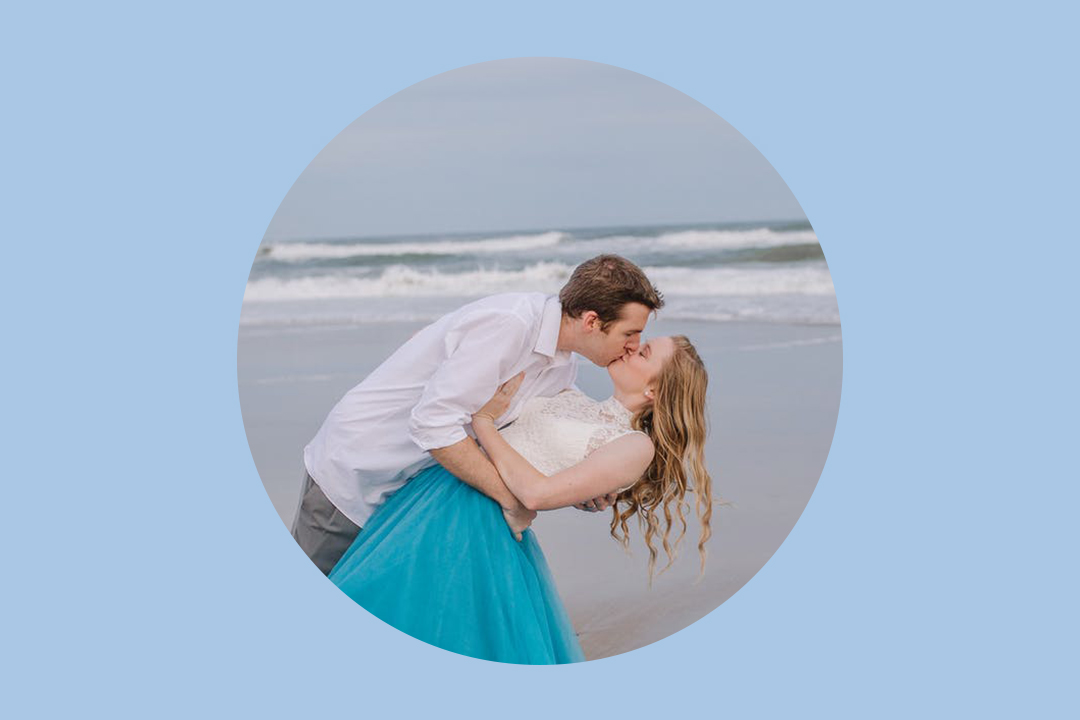
13 Unique Beach Proposal Ideas for a Romantic Getaway
Inspiration
Popping the big question on sandy shores can be both romantic and timeless. Read on to find out our favorite beach proposal ideas.

What to Wear to a Beach Wedding
How-To
Attending a beach wedding and have no idea what to wear? From daytime to beach formal, we’ve got you covered. Read our guide here.
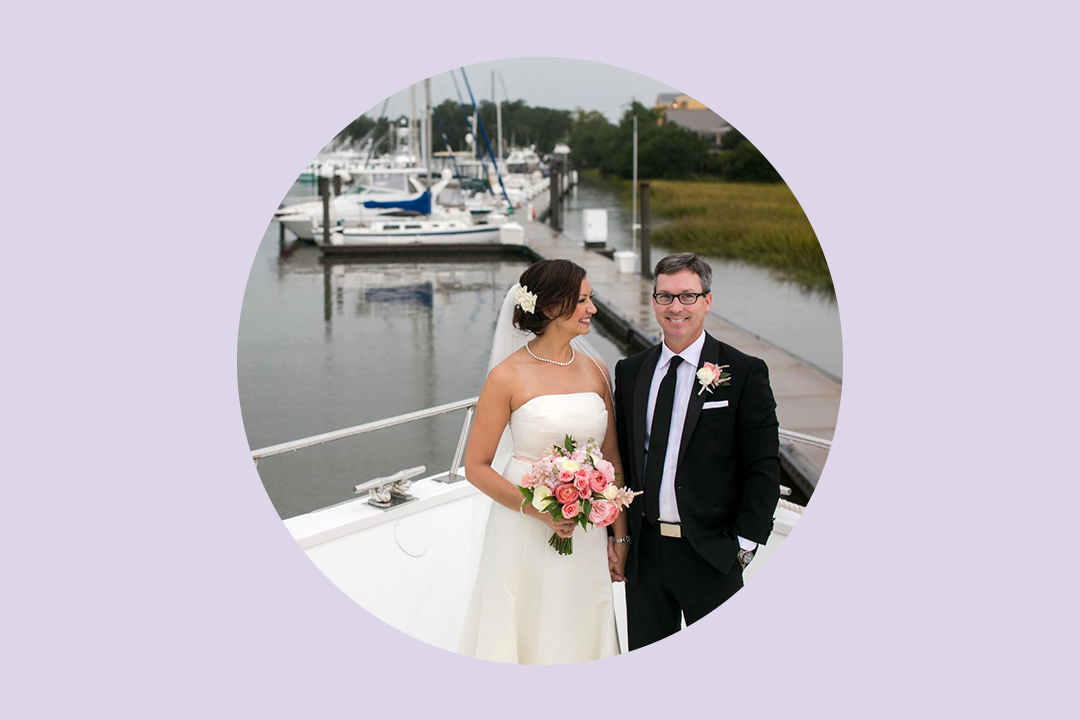
How to Get Married on a Boat and Where to Do It
How To
Getting married on a boat is one of the most unique wedding experiences for you and your guests. Here's how and where you can plan your boat wedding.
Featured
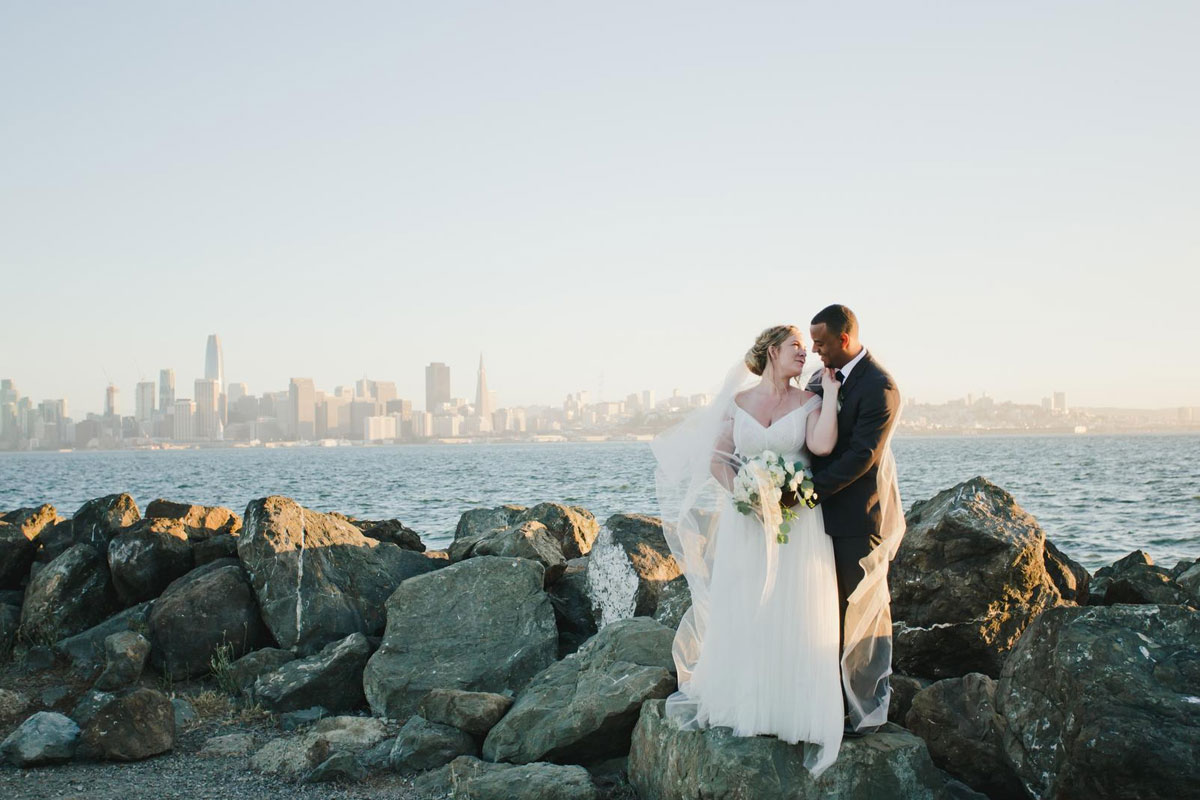
How to Get Married in San Francisco: A Complete Guide
How-To
Planning a wedding in the Bay Area? From best venues to local requirements, here’s everything you need to know about getting married in San Francisco.
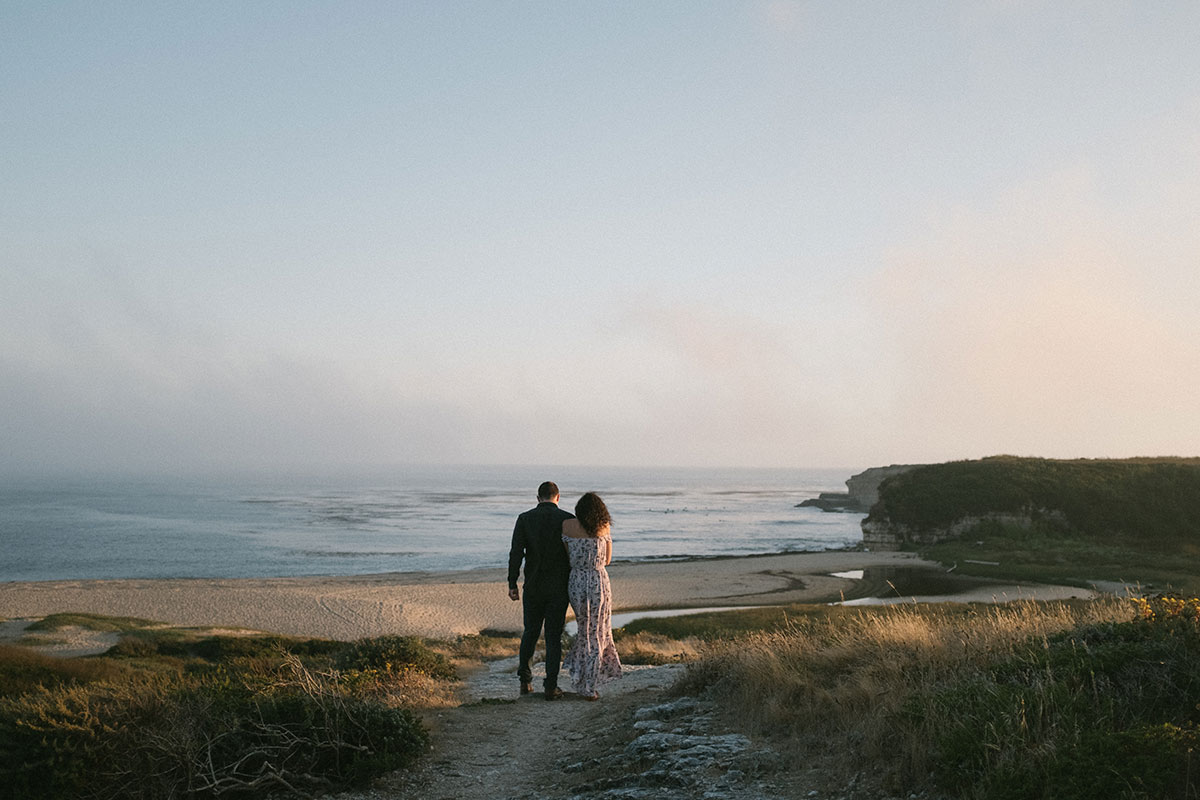
How to Get Married in Los Angeles: A Complete Guide
How-To
If you plan to get married in Los Angeles, make time for preparations. Learn about costs, wedding venues, COVID-19 updates, and more in our complete guide.
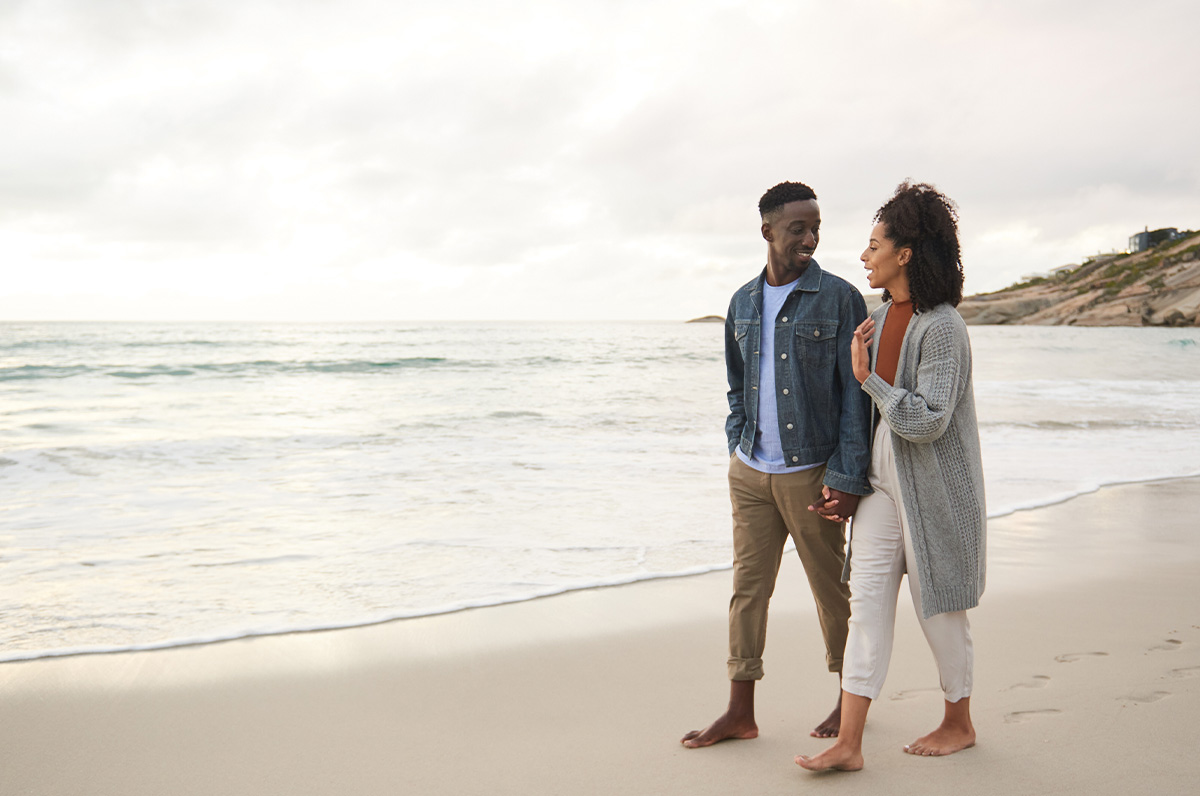
34 Best Honeymoon Destinations for 2026
List
Plan your ideal honeymoon with our curated destinations list. From breathtaking beaches to charming cities, discover the perfect romantic escape.

How to Plan a Memorable RV Honeymoon
How To
A road trip honeymoon can be romantic and memorable. Our complete guide to planning a memorable RV honeymoon will help you plan.
- Expert advice/
- Wedding planning 101/
- Legal/
- How to Get a Marriage License in California
Find even more wedding ideas, inspo, tips, and tricks
We’ve got wedding planning advice on everything from save the dates to wedding cakes.
